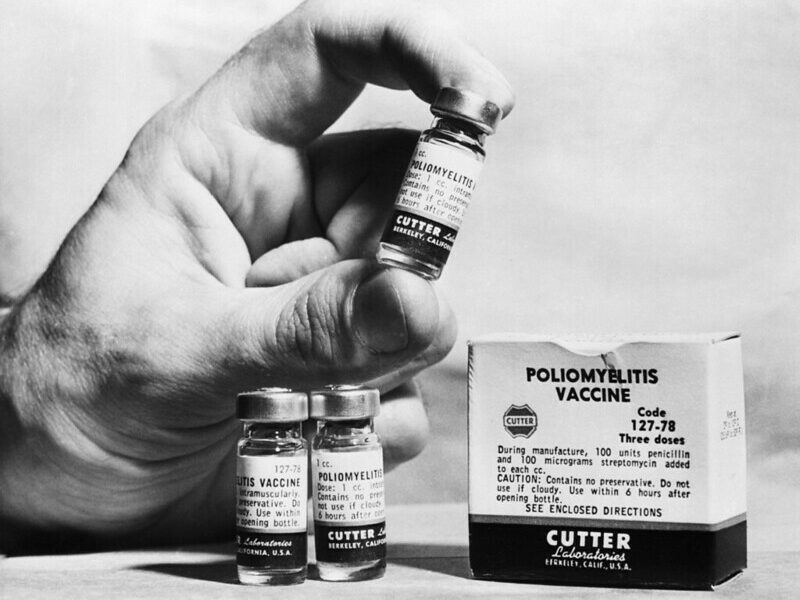More than 5,000 dengue cases and 17 deaths have been reported in Pakistan, with 4,400 of those cases and 12 of the deaths occurring in Punjab province where just over half of the country’s total population resides. The virus, transmitted by mosquitoes, is also spreading to other areas of the country and has caused three deaths in Khyber Pakhtunkhwa and hundreds of cases in Sindh, where 85,404 cases of malaria have also been reported.
The widespread transmission of mosquito-borne diseases in the country is a result of recent heavy monsoon rainfall that has led to widespread flooding, aggravated by poor public hygiene and a general lack of control measures. In Punjab’s capital Lahore, heavy rain has choked up the city’s sewage system and created large pools of standing water in many open spaces and public parks. Together with the lowered temperature brought by the rainfall, this has created ideal breeding conditions for dengue mosquitoes. Furthermore, with the recent onslaught of heavy flooding in Sindh, the southern province is already seeing an increase in reported cases each day and health experts fear the disease may spread south.
In response to the growing epidemic, Punjab government has mandated a 10-day closure of all schools and universities. Affected areas are being fumigated twice a day and plans are also underway to purchase insecticides from neighboring Sri Lanka. Additionally, the government is purchasing medicine from the United Kingdom and India. The widely publicized outbreak has created much panic; approximately 5,000 people are visiting public hospitals each day to be tested for dengue. Political officials are also expressing opposition to the media’s reporting, which they claim to be exaggerated and a means of defaming the government.
Dengue is a virus transmitted by the Aedes aegypti mosquito and symptoms include high fever, severe headaches, muscle and bone pain, and in severe cases, dengue hemorrhagic fever. There is no vaccine or specific treatment for the disease[1] According to the United Nations, as many as 50 million people contract the disease each year, leading to 20,000 deaths worldwide.
[1] Sanofi Aventis does have a vaccine in phase III of clinical trials
